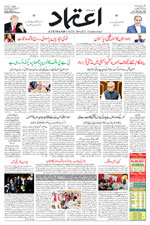Taliban fails to appoint any women in their Cabinet
Wed 22 Sep 2021, 12:00:06
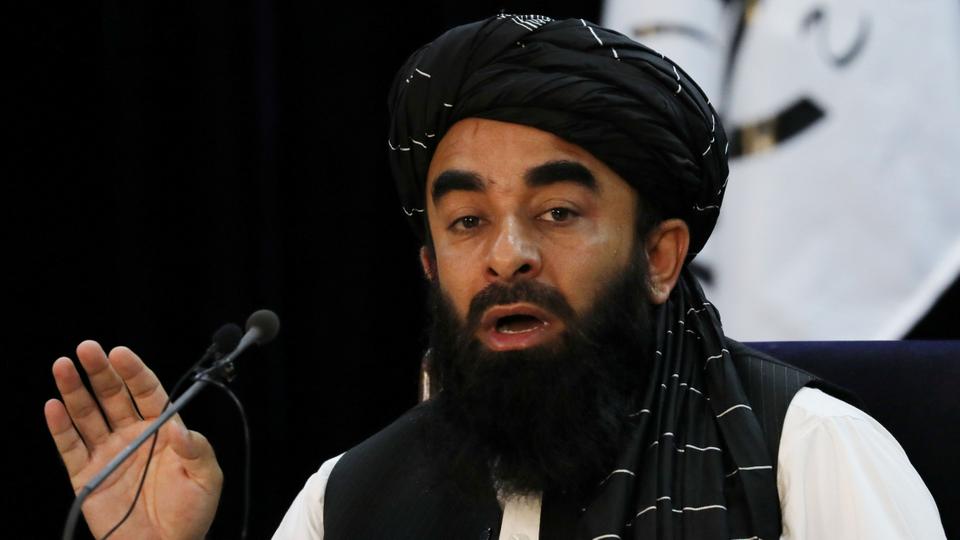
Kabul: The Taliban expanded their interim Cabinet by naming more Ministers and Deputies on Tuesday, but failed to appoint any women, doubling down on a hard-line course despite the international outcry that followed their initial presentation of an all-male government lineup earlier this month.
The international community has said that it will judge the Taliban by their actions, and that recognition of a Taliban-led government would be linked to the treatment of women and minorities.
In their previous rule of Afghanistan in the late 1990s, the Taliban, who adhere to a harsh interpretation of Islam, had barred girls and women from schools, work an public life.
At a news conference Tuesday, Taliban Government spokesman Zabihullah Mujahid held out the possibility of adding women to the Cabinet at a later time, but gave no specifics. He also said the Taliban are preparing rules for allowing teen-age girls and women to return to schools and jobs in line with Islamic law, but did not say when that might happen.
Mujahid defended the latest additions to the Cabinet, saying
they included members of ethnic minorities, such as the Hazaras. He said the deputies were chosen for their technical skills.
they included members of ethnic minorities, such as the Hazaras. He said the deputies were chosen for their technical skills.
He bristled at international conditions for recognition, saying there was no reason for withholding it. “It is the responsibility of the United Nations to recognize our government (and) for other countries, including European, Asian and Islamic countries, to have diplomatic relations with us,” he said.
The Taliban seek international support as they grapple with the daunting challenges of governing a nation shredded by four decades of conflict. The US-backed Government deposed by the Taliban in a rapid military campaign last month had depended heavily on foreign aid. Even before the Taliban takeover, the economy was in deep trouble. Now Afghanistan’s new rulers face an economic meltdown and growing poverty.
Mujahid played down the financial problems, saying that much of the foreign aid to the previous government — widely seen as corrupt — was spent on funding America’s 20-year war against the Taliban.
No Comments For This Post, Be first to write a Comment.
Most viewed from International
Most viewed from World
AIMIM News
Latest Urdu News
Most Viewed
May 26, 2020
Which Cricket team will win the IPL 2025 trophy?
Latest Videos View All
Like Us
Home
About Us
Advertise With Us
All Polls
Epaper Archives
Privacy Policy
Contact Us
Download Etemaad App
© 2025 Etemaad Daily News, All Rights Reserved.

.jpg)
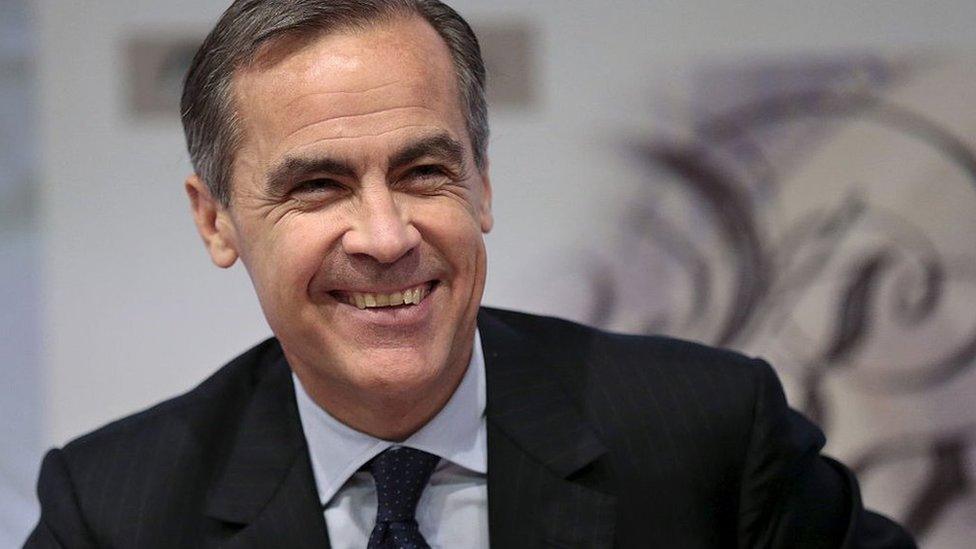
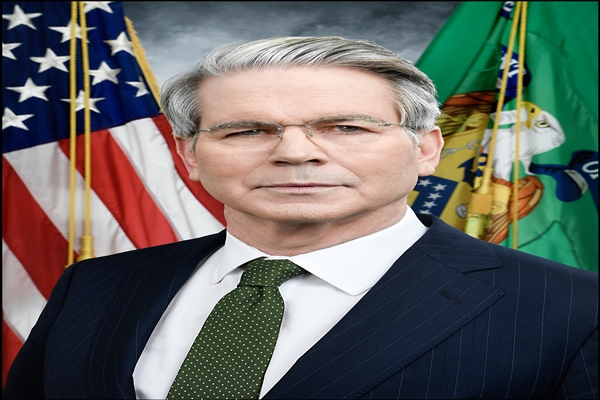

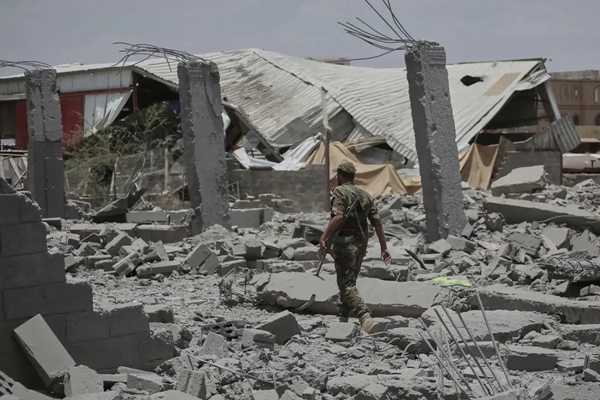


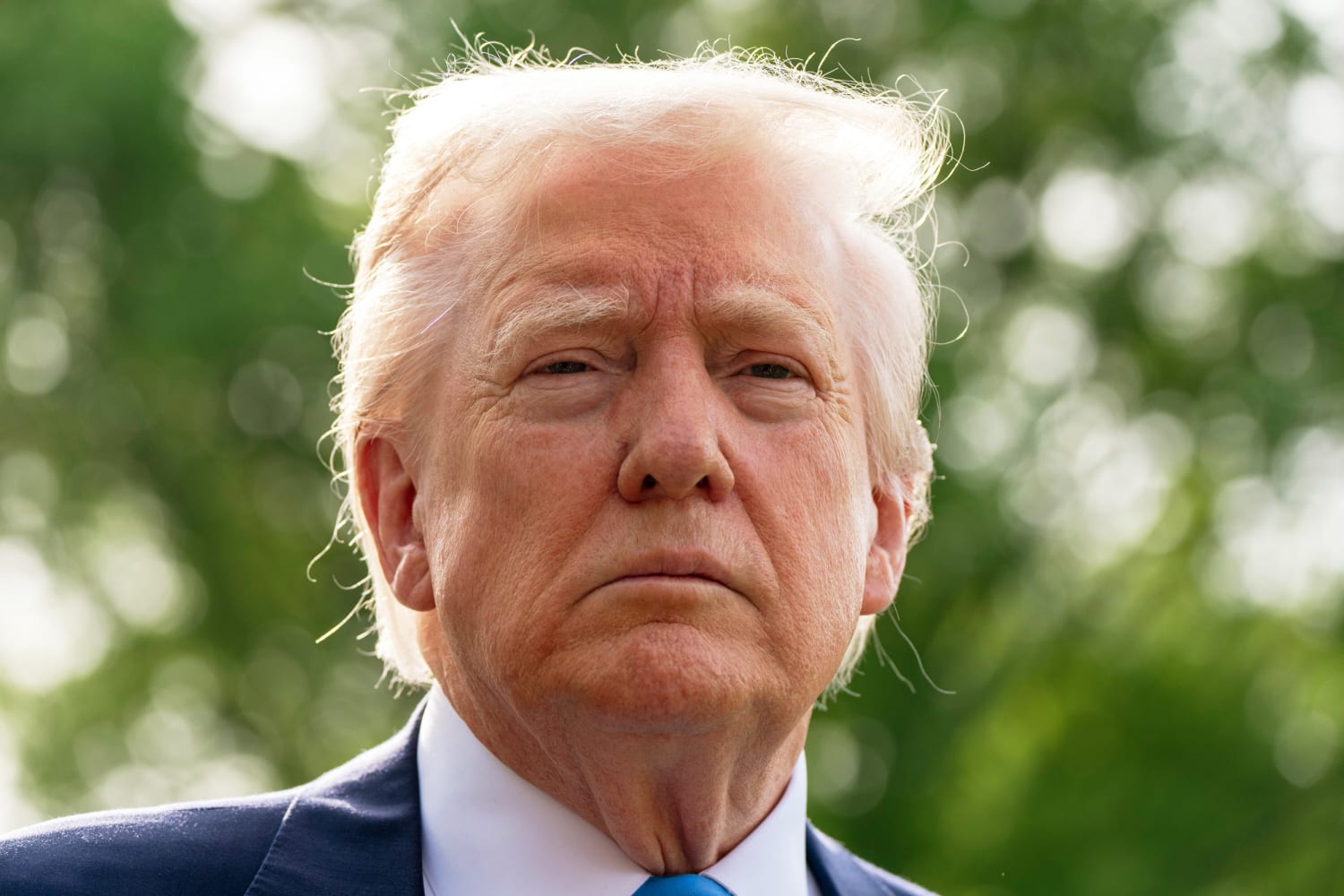

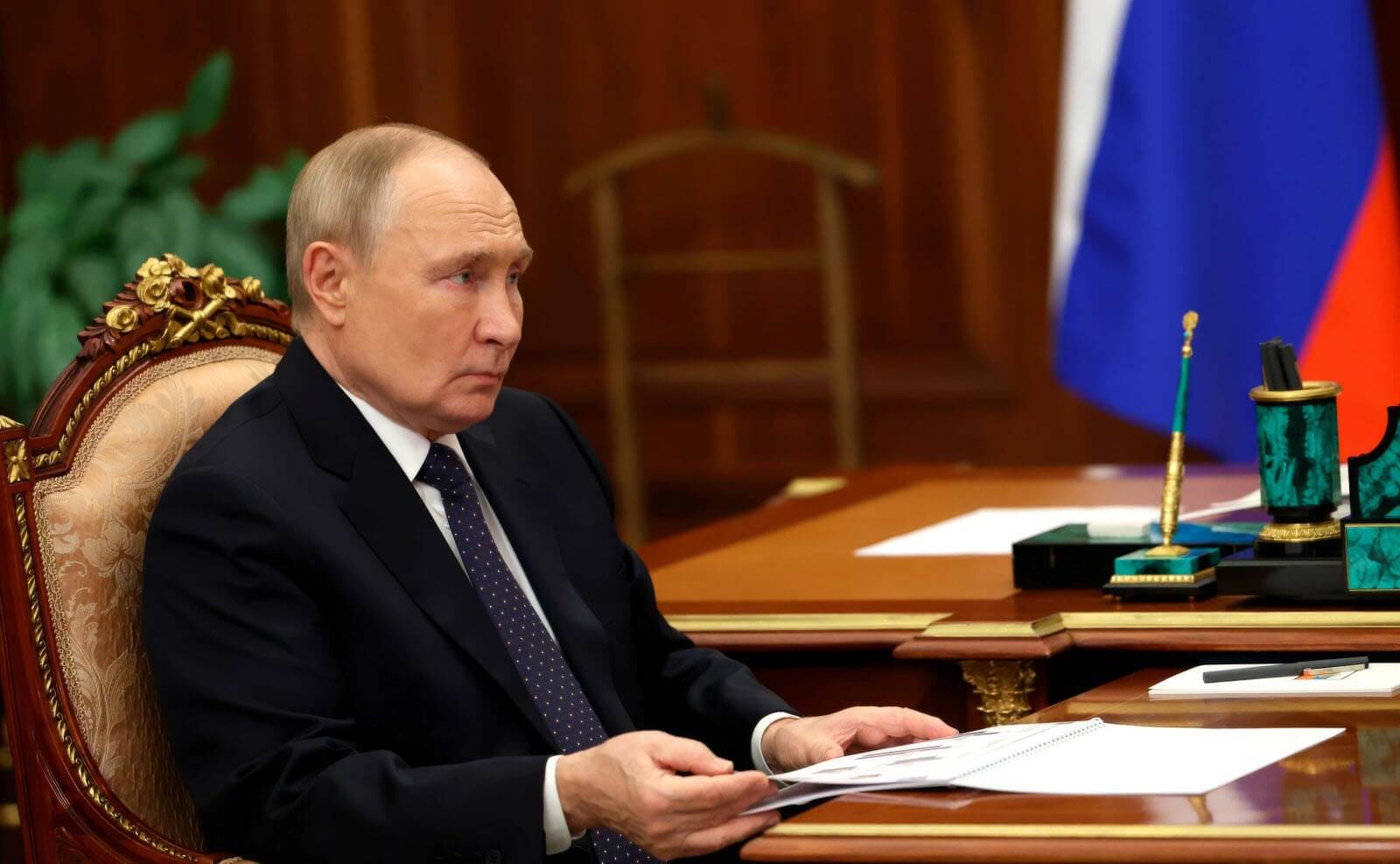
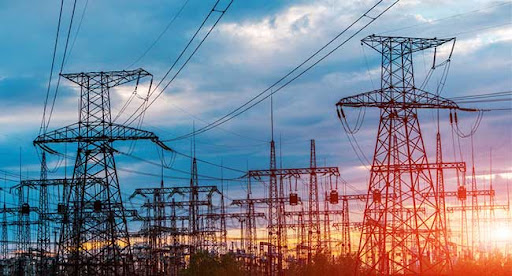
.jpg)
.jpg)
.jpg)
.jpg)
.jpg)
.jpg)
.jpg)
.jpg)
.jpg)
.jpg)



